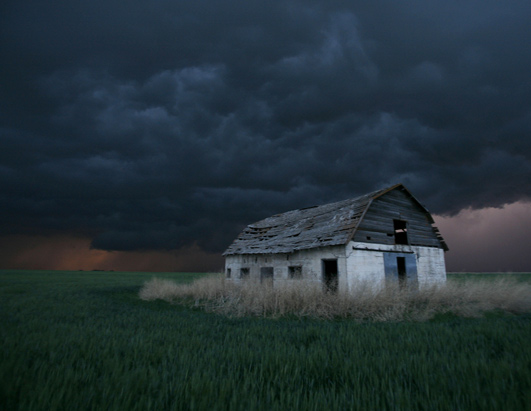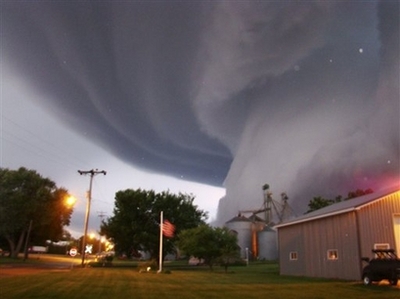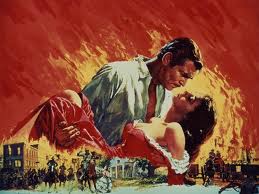 On this day in history, his supply line cut by the Union Army, Confederate General John B. Hood withdrew his troops from Atlanta and set fire to military supplies and installations including some 81 railroad cars loaded with ammunition. These fires spread into the city of Atlanta causing serious difficulties for Rhett and Scarlett in their effort to blow town.
On this day in history, his supply line cut by the Union Army, Confederate General John B. Hood withdrew his troops from Atlanta and set fire to military supplies and installations including some 81 railroad cars loaded with ammunition. These fires spread into the city of Atlanta causing serious difficulties for Rhett and Scarlett in their effort to blow town.
On September 2, 1864 Atlanta Mayor James Calhoun and along with members of Atlanta's City Council surrendered the city to representatives of Union General William Tecumseh Sherman.
Having been notified some days later of Sherman's intention to evacuate the residents of Atlanta from the city, Mayor Calhoun sent a letter asking the General to reconsider this decision.
Both that letter and Sherman's famed response follow.
We would encourage you to read both letters but for damn sure read the second as General Sherman's response represents the coldest and most stark analysis imaginable of one of mankind's most favored pastimes, and as such is one of the more important documents in all of history.
Atlanta, Georgia, September 11, 1864.
Major-General W. T. Sherman.
SIR: We the undersigned, Mayor and two of the Council for the city of Atlanta, for the time being the only legal organ of the people of the said city, to express their wants and wishes, ask leave most earnestly but respectfully to petition you to reconsider the order requiring them to leave Atlanta.
At first view, it struck us that the measure would involve extraordinary hardship and loss, but since we have seen the practical execution of it so far as it has progressed, and the individual condition of the people, and heard their statements as to the inconveniences, loss, and suffering attending it, we are satisfied that the amount of it will involve in the aggregate consequences appalling and heart-rending.
 Many poor women are in advanced state of pregnancy, others now having young children, and whose husbands for the greater part are either in the army, prisoners, or dead. Some say: "I have such a one sick at my house; who will wait on them when I am gone?" Others say: "What are we to do? We have no house to go to, and no means to buy, build, or rent any; no parents, relatives, or friends, to go to." Another says: "I will try and take this or that article of property, but such and such things I must leave behind, though I need them much." We reply to them: "General Sherman will carry your property to Rough and Ready, and General Hood will take it thence on." And they will reply that: "But I want to leave the railroad at such a place, and cannot get conveyance from there on."
Many poor women are in advanced state of pregnancy, others now having young children, and whose husbands for the greater part are either in the army, prisoners, or dead. Some say: "I have such a one sick at my house; who will wait on them when I am gone?" Others say: "What are we to do? We have no house to go to, and no means to buy, build, or rent any; no parents, relatives, or friends, to go to." Another says: "I will try and take this or that article of property, but such and such things I must leave behind, though I need them much." We reply to them: "General Sherman will carry your property to Rough and Ready, and General Hood will take it thence on." And they will reply that: "But I want to leave the railroad at such a place, and cannot get conveyance from there on."
We only refer to a few facts, to try to illustrate in part how this measure will operate in practice. As you advanced, the people north of this fell back; and before your arrival here, a large portion of the people had retired south, so that the country south of this is already crowded, and without houses enough to accommodate the people, and we are informed that many are now staying in churches and other out-buildings.
This being so, how is it possible for the people still here (mostly women and children) to find any shelter? And how can they live through the winter in the woods -- no shelter or subsistence, in the midst of strangers who know them not, and without the power to assist them much, if they were willing to do so?
This is but a feeble picture of the consequences of this measure. You know the woe, the horrors, and the suffering, cannot be described by words; imagination can only conceive of it, and we ask you to take these things into consideration.
We know your mind and time are constantly occupied with the duties of your command, which almost deters us from asking your attention to this matter, but thought it might be that you had not considered this subject in all of its awful consequences, and that on more reflection you, we hope, would not make this people an exception to all mankind, for we know that no such instance ever having occurred -- surely never in the United States -- and what has this helpless people done, that they should be driven from their homes, to wander strangers and outcasts, and exiles, and to subsist on charity?
We do not know as yet the number of people still here; of those who are here, we are satisfied a respectable number, if allowed to remain at home, could subsist for several months without assistance, and a respectable number for a much longer time, and who might not need assistance at any time.
In conclusion, we most earnestly and solemnly petition you to reconsider this order, or modify it, and suffer this unfortunate people to remain at home, and enjoy what little means they have.
Respectfully submitted:
James M. Calhoun, Mayor
E.E. Rawson, Councilman.
S.C. Wells, Councilman.
Headquarters Military Division of the Mississippi, in the Field, Atlanta, Georgia, September 12, 1864.
James M. Calhoun, Mayor, E.E. Rawson, S.C. Wells, representing City Council of Atlanta.
GENTLEMEN: I have your letter of the 11th, in the nature of a petition to revoke my orders removing all the inhabitants from Atlanta. I have read it carefully, and give full credit to your statements of the distress that will be occasioned, any yet shall not revoke my orders, because they were not designed to meet the humanities of the case, but to prepare for the future struggles in which millions of good people outside of Atlanta have a deep interest. We must have peace, not only in Atlanta, but in all America. To secure this, we must stop the war that now desolates our once happy and favored country. To stop war, we must defeat the rebel armies which are now arrayed against the laws and Constitution that all must respect and obey. To defeat those armies, we must prepare the way to reach them in their recesses, provided with the arms and instruments which enable us to accomplish our purpose. Now I know the vindictive nature of our enemy, that we may have many years of military operations from this quarter; and, therefore, deem it wise and prudent to prepare in time. The use of Atlanta for warlike purposes is inconsistent with its character as a home for families. There will be no manufactures, commerce, or agriculture here, for the maintenance of families, and sooner or later want will compel the inhabitants to go. Why not go now, when all the arrangements are completed for the transfer, instead of waiting till the plunging shot of contending armies will renew the scenes of the past month? Of course, I do not apprehend any such thing at this moment, but you do not suppose this army will be here until the war is over. I cannot discuss this subject with you fairly, because I cannot impart to you what we propose to do, but I assert that our military plans make it necessary for the inhabitants to go away, and I can only renew my offer of services to make their exodus in any direction as easy and comfortable as possible.
 You cannot qualify war in harsher terms than I will. War is cruelty, and you cannot refine it; and those who brought war into our country deserve all the curses and maledictions a people can pour out. I know I had no hand in making this war, and I know I will make more sacrifices to-day than any of you to secure peace. But you cannot have peace and a division of our country. If the United States submits to a division now, it will not stop, but will go on until we reap the fate of Mexico, which is eternal war. The United States does and must assert its authority, wherever it once had power; for, if it relaxes one bit to pressure, it is gone, and I believe that such is the national feeling. This feeling assumes various shapes, but always comes back to that of Union. Once admit the Union, once more acknowledge the authority of the national Government, and, instead of devoting your houses and streets and roads to the dread uses of war, I and this army become at once your protectors and supporters, shielding you from danger, let it come from what quarter it may. I know that a few individuals cannot resist a torrent of error and passion, such as swept the South into rebellion, but you can point out, so that we may know those who desire a government, and those who insist on war and its desolation.
You cannot qualify war in harsher terms than I will. War is cruelty, and you cannot refine it; and those who brought war into our country deserve all the curses and maledictions a people can pour out. I know I had no hand in making this war, and I know I will make more sacrifices to-day than any of you to secure peace. But you cannot have peace and a division of our country. If the United States submits to a division now, it will not stop, but will go on until we reap the fate of Mexico, which is eternal war. The United States does and must assert its authority, wherever it once had power; for, if it relaxes one bit to pressure, it is gone, and I believe that such is the national feeling. This feeling assumes various shapes, but always comes back to that of Union. Once admit the Union, once more acknowledge the authority of the national Government, and, instead of devoting your houses and streets and roads to the dread uses of war, I and this army become at once your protectors and supporters, shielding you from danger, let it come from what quarter it may. I know that a few individuals cannot resist a torrent of error and passion, such as swept the South into rebellion, but you can point out, so that we may know those who desire a government, and those who insist on war and its desolation.
You might as well appeal against the thunder-storm as against these terrible hardships of war. They are inevitable, and the only way the people of Atlanta can hope once more to live in peace and quiet at home, is to stop the war, which can only be done by admitting that it began in error and is perpetuated in pride.
We don't want your negroes, or your horses, or your houses, or your hands, or any thing that you have, but we do want and will have a just obedience to the laws of the United States. That we will have, and, if it involves the destruction of your improvements, we cannot help it.
You have heretofore read public sentiment in your newspapers, that live by falsehood and excitement; and the quicker you seek for truth in other quarters, the better. I repeat then that, by the original compact of Government, the United States had certain rights in Georgia, which have never been relinquished and never will be; that the South began war by seizing forts, arsenals, mints, custom-houses, etc., etc., long before Mr. Lincoln was installed, and before the South had one jot or title of provocation. I myself have seen in Missouri, Kentucky, Tennessee, and Mississippi, hundreds of thousands of women and children fleeing from your armies and desperadoes, hungry and with bleeding feet. In Memphis, Vicksburg, and Mississippi, we fed thousands upon thousands of families of rebel soldiers left in our hands, and whom we could not see starve. Now that war comes home to you, you feel very different. You depreciate its horrors, but did not feel them when you sent car-loads of soldiers and ammunition, and moulded shells and shot, to carry war into Kentucky and Tennessee, to desolate the homes of hundreds of thousands of good people who only asked to live in peace at their old homes, and under the Government of their inheritance. But these comparisons are idle. I want peace, and believe it can only be reached through union and war, and I will ever conduct war with a view to perfect and early success.
But, my dear sirs, when peace does come, you may call on me for any thing. Then I will share with you the last cracker, and watch with you to shield your homes and families against danger from every quarter.
Now you must go, and take with you the old and feeble, feed and nurse them, and build for them, in more quiet places, proper habitations to shield them against the weather until the mad passions of men cool down, and allow the Union and peace once more to settle over your old homes at Atlanta. Yours in haste,
W.T. Sherman, Major-General commanding.
On November 15, 1864, General Sherman gave orders to burn all public buildings, machine shops, depots, and arsenals in the city of Atlanta. When the fires finally died out there remained only some four hundred building standing in all of Atlanta.
To quote Major General William Tecumseh Sherman on numerous occasions, in numerous speeches, most notably on June 19, 1879 at the graduation excercises of the Michigan Military Academy on the grounds of it's Orchard Lake campus, which campus is now home to Orchard Lake St. Mary Prep.


















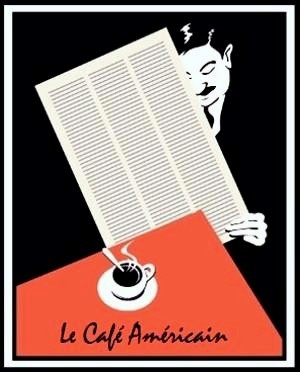



















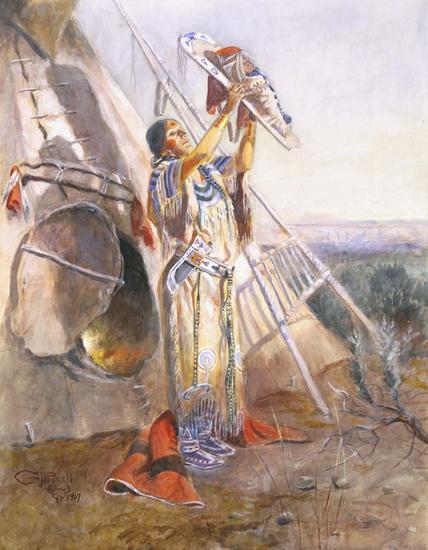
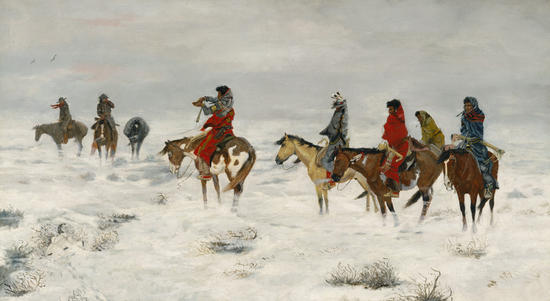

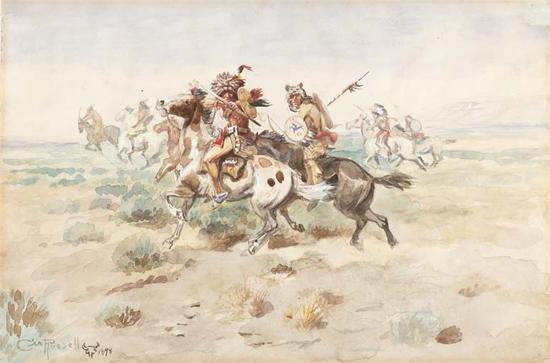

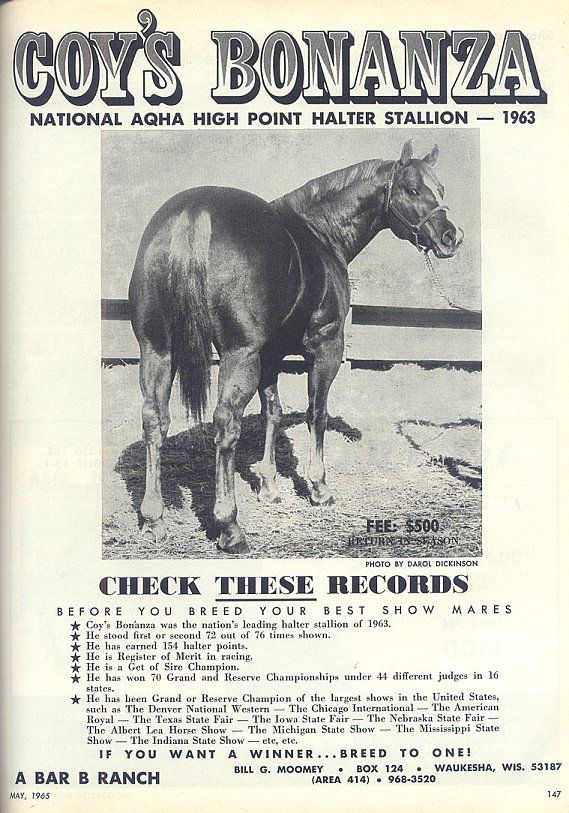
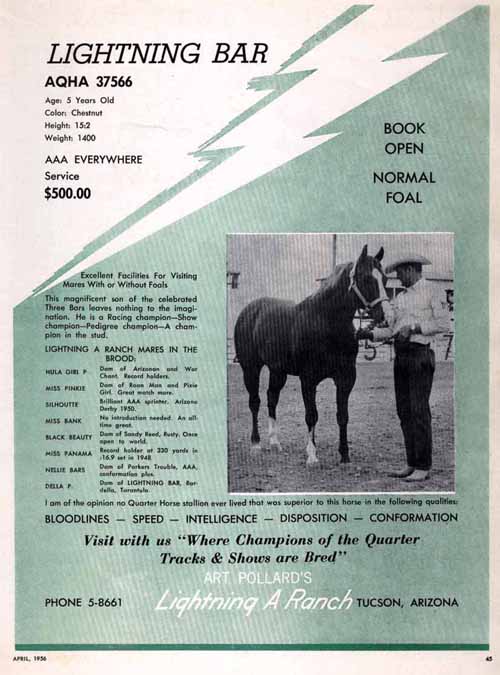

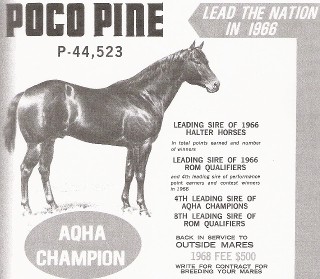
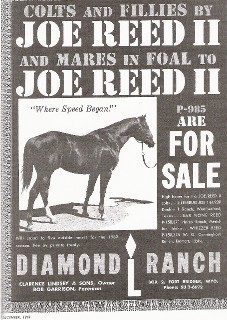
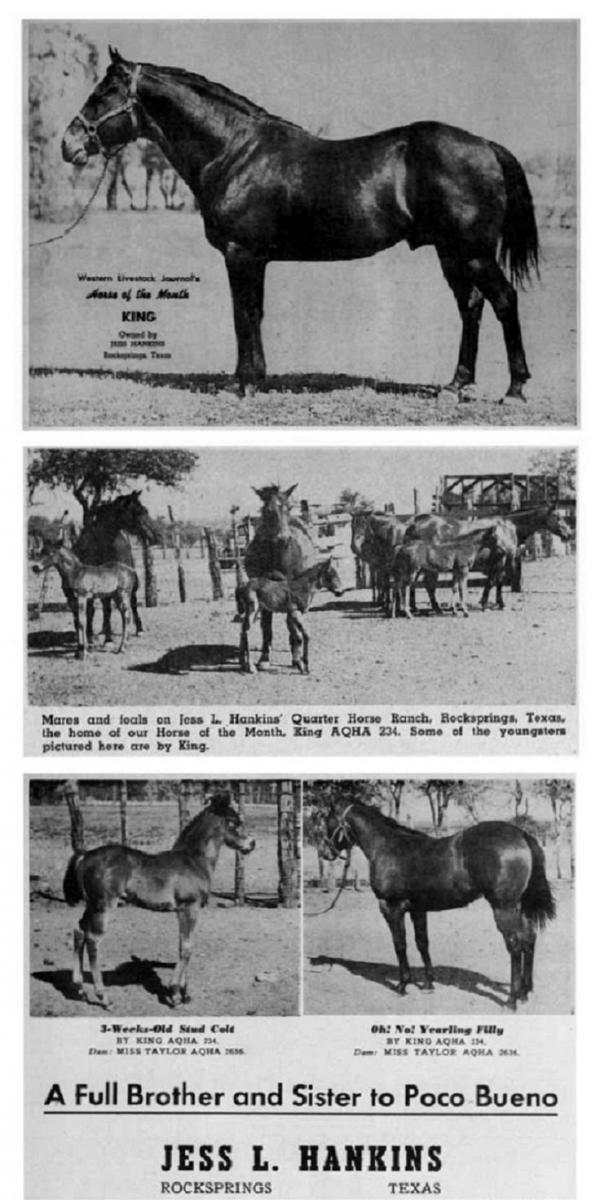
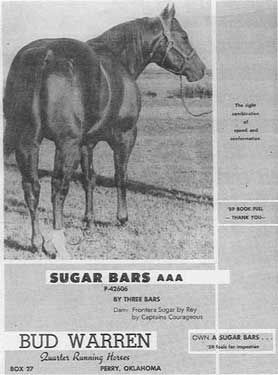
![[Most Recent Quotes from www.kitco.com]](http://www.kitconet.com/charts/metals/gold/t24_au_en_usoz_2.gif)




![[Most Recent Quotes from www.kitco.com]](http://www.kitconet.com/charts/metals/silver/t24_ag_en_usoz_2.gif)
